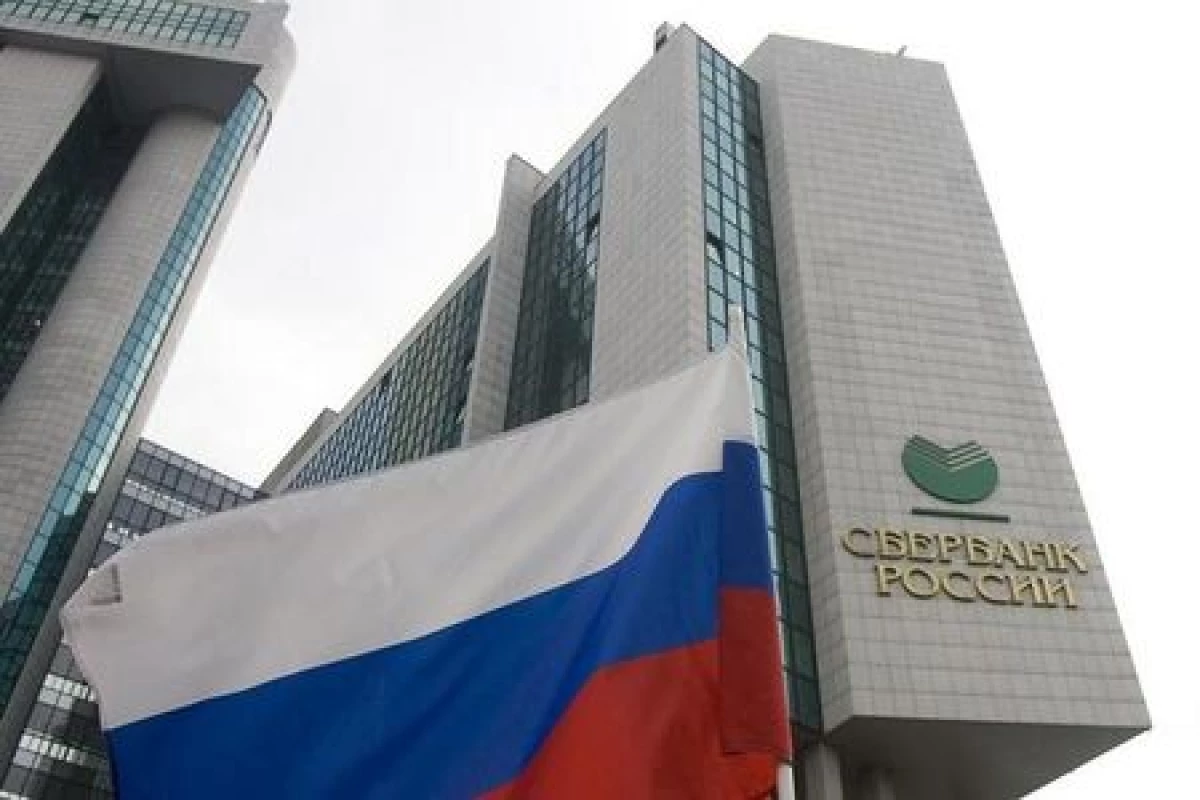
Investing.com - Central Bank said that the largest holder of Russian public debt focused 17.7% of OFZ in his hands (2.4 trillion rubles). Experts stated Forbes that it is about Sberbank (MCX: Sber), but it does not comment on information.
The total volume of the OFZ market on January 1 was 13.67 trillion rubles, told the Central Bank in the review of the risks of financial markets. On the Balance of Sberrium on January 1, 2021 there were 2.56 trillion rubles. Complete OFZ (non-repo transactions).
According to the managing director of the Validation Department "Expert RA", Yuri Belikova, a slight discrepancy with the data of the Central Bank (2.4 trillion) may be due to changes in what happened after the reporting date.
Experts do not see dangers in such a high concentration of OFZ in some hands, on the contrary, they consider the fact that the largest holder is Gosbank, rather positive because there is no risk of their sudden sale. The second by the volume of the IPZ holder is VTB Bank (MCX: VTBR) (346 billion rubles. As of January 1, 2021).
CEO of Septhand Capital Denis Kuchkin calls lending to the state banks of budget spending by the Russian analogue QE (Quantitative Easing - "Quantitative Mitigation").
"The Russian economy" does not digest "cash resources accumulated in the country, but they" digest "the budget, and OFZ - the most capacious tool from all" - quotes the frame forbes.
In general, more than half of the OFZ market (51.1%) accounted for the 10 largest participants, 83% of them are Russian residents.
And this does not concern a regulator, which is more concerned that the lion's part of investments among non-residents belongs to investors from Great Britain and the United States (6.9% of the investment of all investors in OFZ, 947 billion rubles and 944 billion rubles. Respectively).
"A high country concentration among non-residents can contribute to the vulnerability of the Russian market to potential exit from the OFZ of foreign participants, but the low proportion of non-residents in the market reduces potential risks," the report says.
Text prepared Alexander Schnitnova
Read Original Articles on: Investing.com
